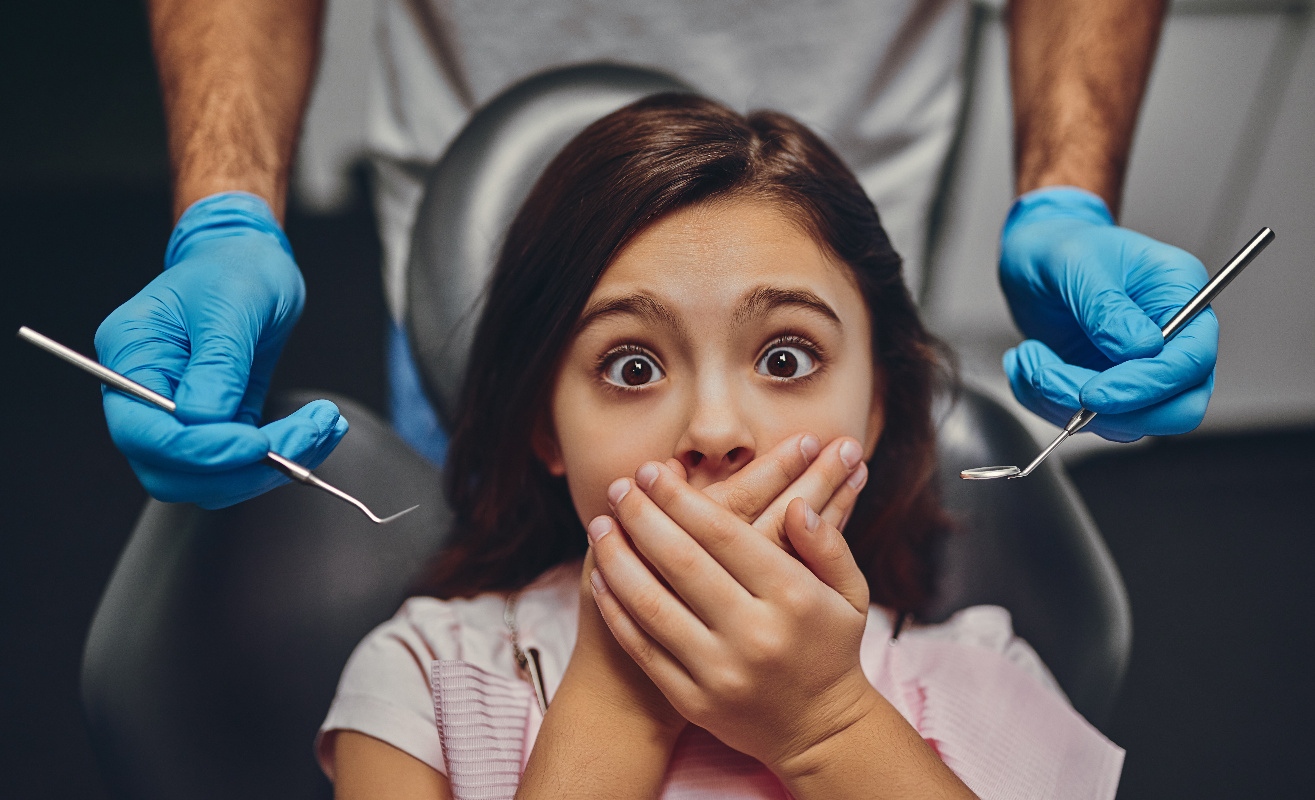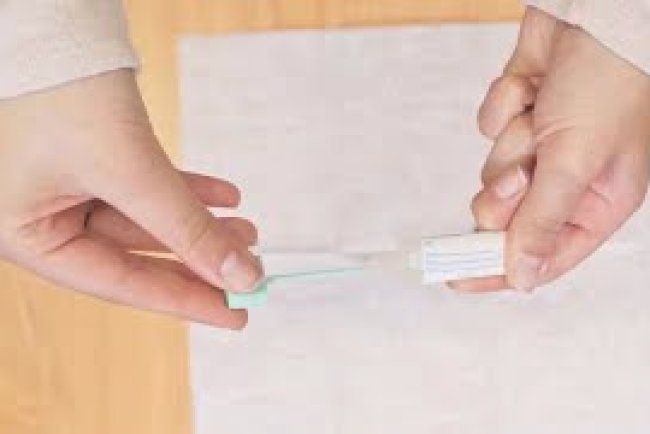Drills, Needles, and Pain, Oh My! How to Cope With Dental Anxiety
For some people, a dental appointment is nothing more than a mild inconvenience. For others, the thought of reclining in that chair, hearing the whir of the drill, or seeing a needle can send their heart racing. Dental anxiety is incredibly common, and in more severe cases, it can turn into dental phobia where fear is so strong that people avoid the dentist altogether.

The problematic part is that missing visits frequently exacerbates the situation. You run the risk of developing uncomfortable problems that need much more intensive treatment the longer you wait. It is a vicious cycle: fear causes avoidance, which causes issues, which causes more worry.
The good news is that you can end the cycle. Dental appointments might become far less intimidating if you can identify the sources of your anxiety and develop coping mechanisms.
What Are Dental Phobia and Dental Anxiety?

Dental anxiety can vary from a slight apprehension to a full-blown panic attack.
Triggers are different for everyone.
For others, the anxiety centers around needles, drills, or even the sense of losing control while in the chair.
The most important step? Communicating with your dentist. Let them know exactly what worries you. They can adjust your treatment and offer options that make you feel safer.
Why Preventive Care Matters: The Mouth–Body Connection
Avoiding the dentist may feel easier in the short term, but it can create bigger health issues down the road. Regular checkups mean your dentist can catch problems early, often before they cause pain.
Your mouth is also a gateway to your overall health. Gum disease, for example, has been linked to conditions like type 2 diabetes and heart disease. On the flip side, managing health issues like diabetes can actually improve gum health. It’s all connected which makes staying on top of dental visits even more important.
Pain Management at the Dentist

One of the biggest sources of dental fear? Pain. Fortunately, there are many techniques to stay comfortable in modern dentistry.
A numbing gel called topical anesthesia is used to make local anesthetic injections more comfortable.
Local anesthetic numbs the area being treated to avoid pain during the treatment.
Post-treatment care: After treatment, dentists may recommend ice packs, saltwater rinses, or pain relievers (such acetaminophen or ibuprofen) to reduce pain and swelling.
Following the advice correctly usually results in a smoother and less painful recovery.
Taking Care of Dental Anxiety Without Medicine

Before using medicine, many people find relief with simple coping techniques:
Breathing techniques: You can lower your pulse rate and maintain your composure by breathing gently and evenly.
Distractions: Pack headphones so you may listen to podcasts, music, or guided meditation. A stress ball is another instrument for letting go of tense energy.
Support person: In certain circumstances, having a family member or close friend nearby could make all the difference.
For anxiety disorders like dental phobia, cognitive behavioral therapy (CBT) helps patients reframe negative thoughts and develop more healthy coping mechanisms.
Medication and Sedation Options

For patients with severe anxiety, dentists may recommend medications or sedatives:
Oral medications that reduce anxiety: Medication like diazepam (Valium) may be used before the session in order to lessen anxiety.
During treatment, nitrous oxide (laughing gas) helps you relax while maintaining your composure.
General anesthesia: Reserved for major procedures or patients whose anxiety makes routine care impossible, this option puts you fully asleep.
Your dentist will review your medical history to ensure any option is safe for you.
Final Takeaway
Dental anxiety is real and you’re far from alone if you feel it. However, your dental health does not have to be controlled by it.By being upfront and honest with your dentist, researching non-medical coping strategies, and, if required, considering medication or sedation, you can make dental sessions less stressful and simpler to manage.
Remember that the longer you put off getting dental treatment done, the more problematic (and costly) it becomes.
Therefore, keep in mind that there are methods, tools, and sympathetic professionals accessible to assist you the next time you are terrified of a visit. The dental chair does not have to be as frightening as it seems if you approach it correctly.
What's Your Reaction?




















